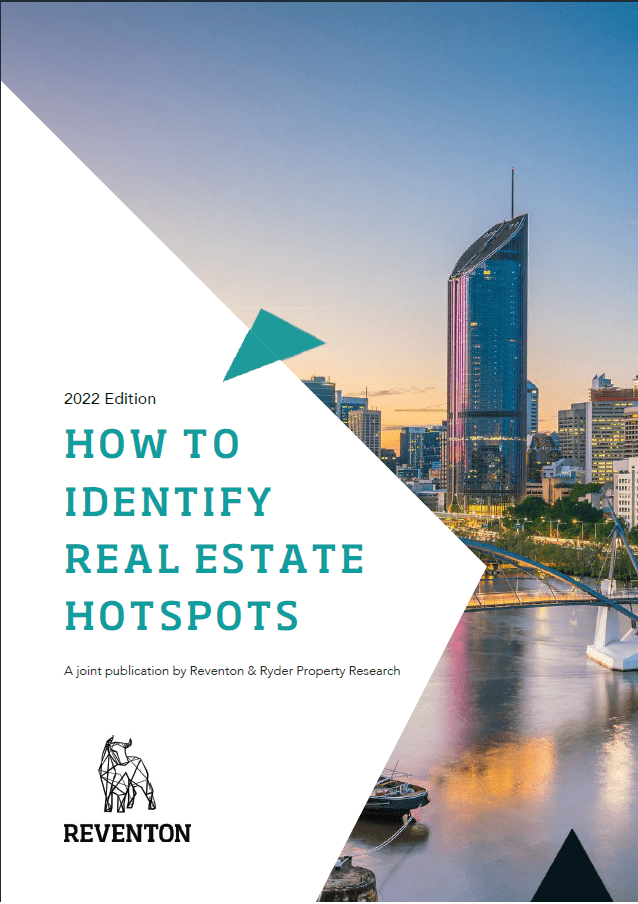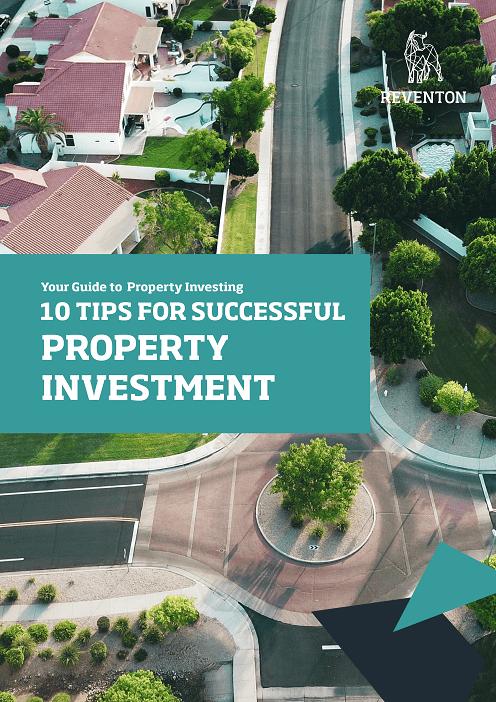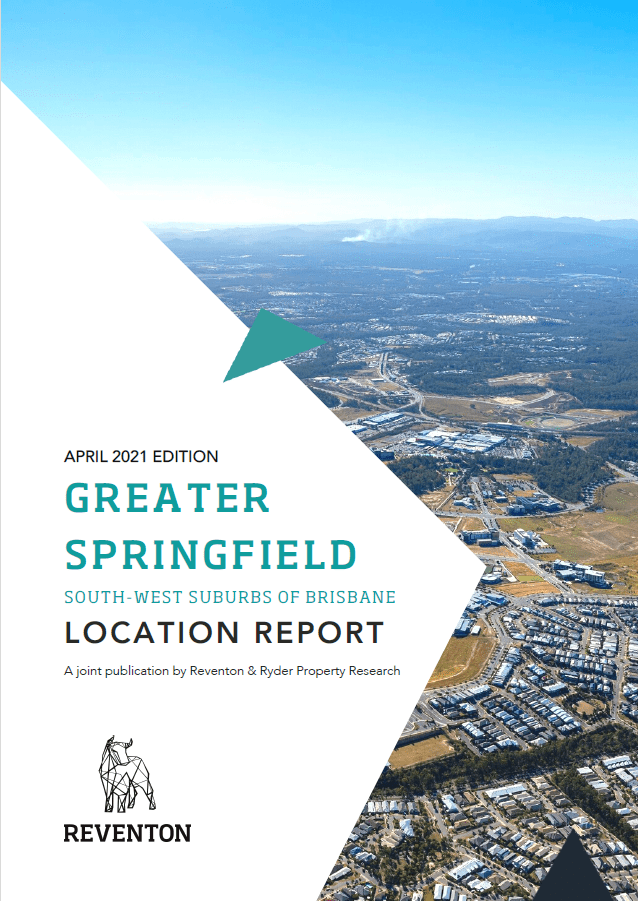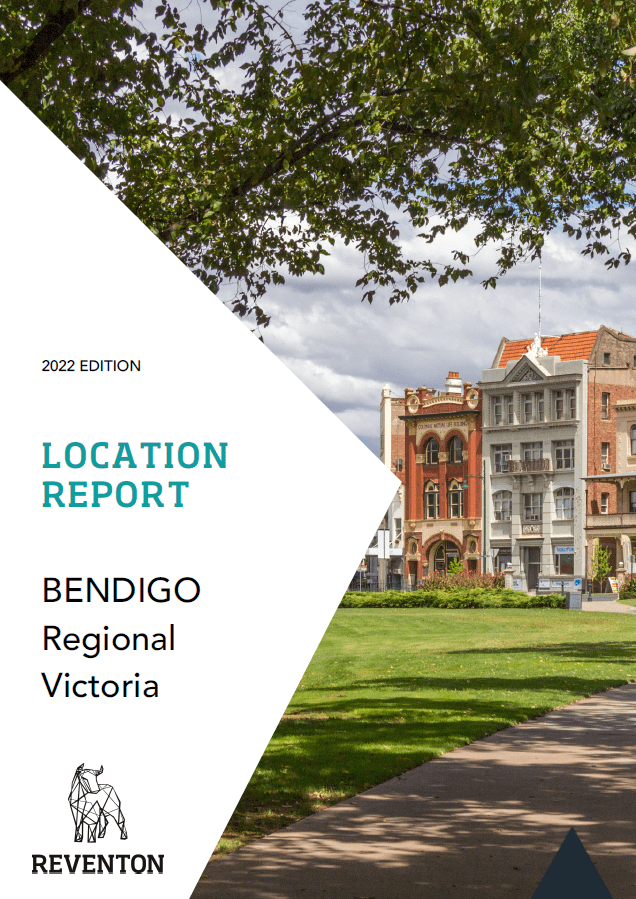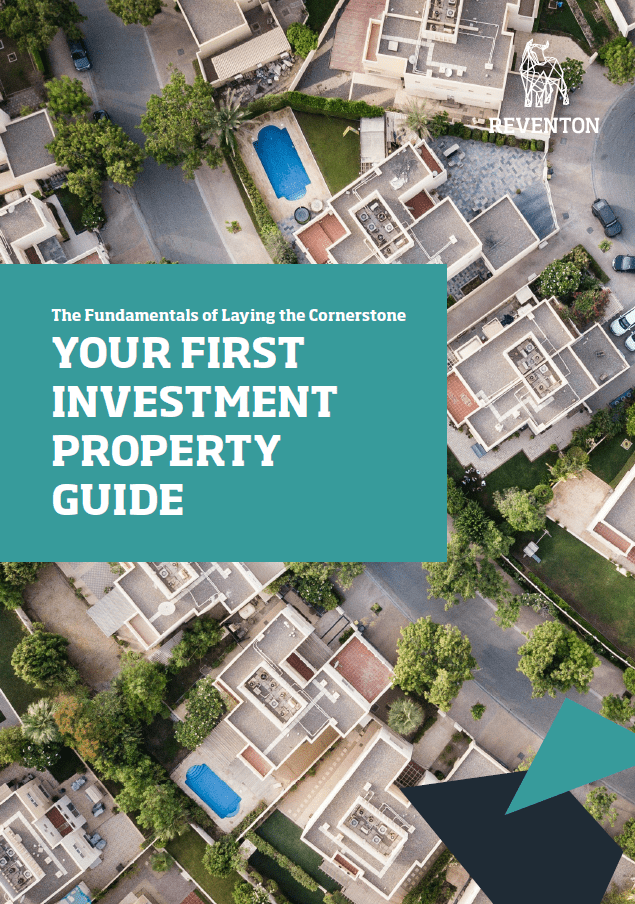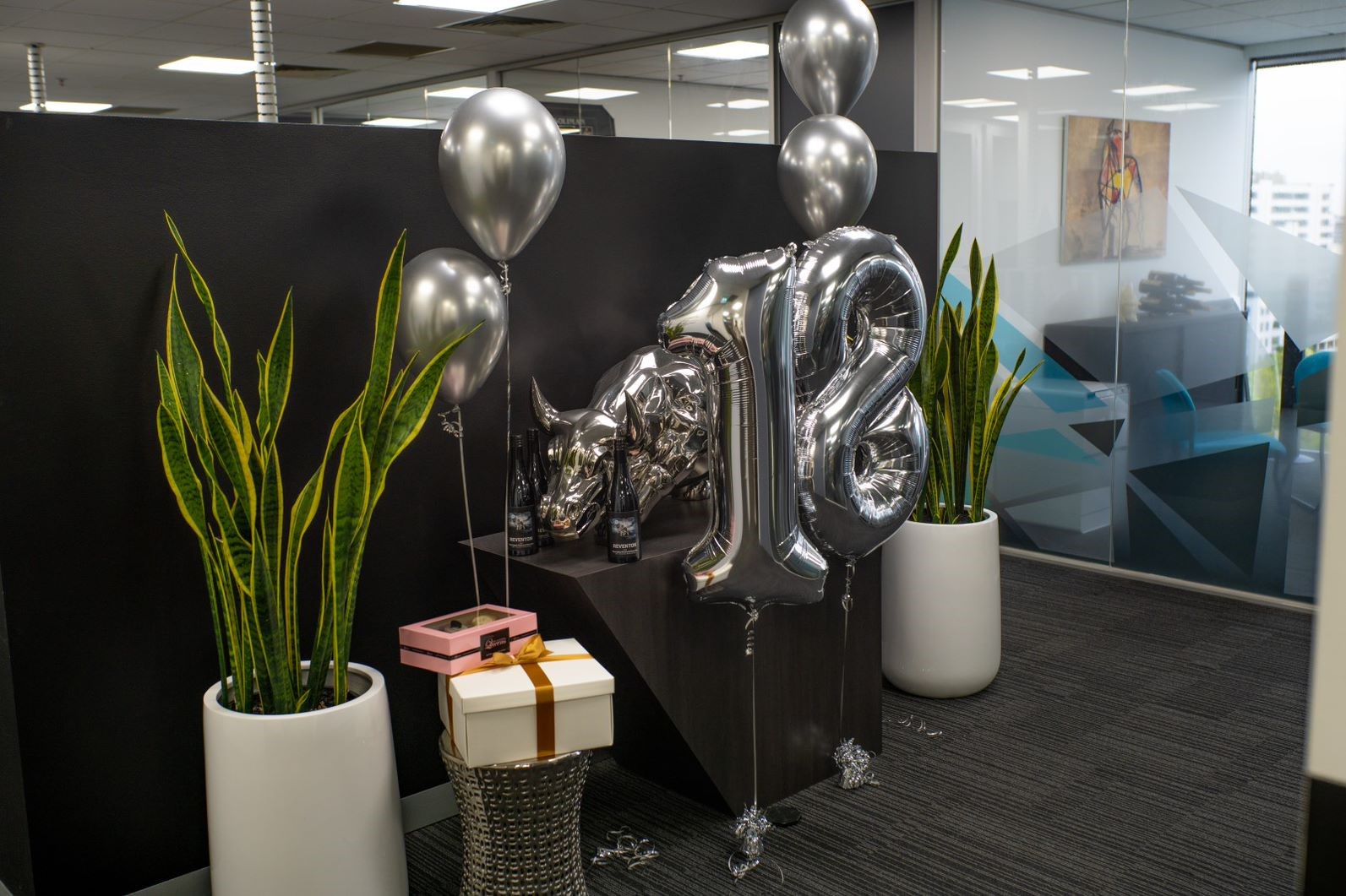Understand the hidden costs of buying a property
So, you’ve been saving up for a deposit, you’ve provisionally secured a home loan, you’ve found a high growth suburb, and you’re ready to buy. Congratulations! Getting onto the property ladder is hard financially. But you’ve made the sacrifices and you’re ready to secure your financial future.
Before you go ahead and become a homeowner, there are a few additional costs that you’ll need to factor in when buying a property. Here’s our run-down of six hidden costs you need to factor in when buying a property.
1. Stamp duty
We’ve listed this one first because it’s a big one. Stamp duty is a tax payment that applies to every home purchase across Australia. It’s paid for by the buyer to the relevant state or territory government to cover the costs of the legal documentation for the sale of the property. Stamp duty varies depending on a few factors, including:
- the state or territory you’re buying in
- the value of your property
- whether the property is brand new versus established
- whether the property is an investment or your primary residence.
As there are so many variables in stamp duty calculations, we highly recommend using an online calculator to make sure you’ve factored everything in and that you’re getting an accurate picture of your costs. At Reventon, we’ve created just that – discover our stamp duty calculator so you can get started right away.
2. Other government fees
There are some additional government fees to keep in mind besides stamp duty; this includes a transfer registration fees and mortgage registration fees:
- Transfer registration fee: this covers the registration of your name on the title of the property and removing the vendor’s name.
- Mortgage registration fee: this cover the registration of your lender’s mortgage on the title of your property.
Once again, the cost of these fees depends on the state or territories that you are purchasing a property in so you should ensure you have checked the rates for your location.
3. Conveyancing costs
You should be seeking to hire a conveyancer to process your property purchase. A good conveyancer will essentially be able to represent your interests when it comes to preparing the documents for your legal sale, and be able to discuss the terms with you as the property purchasing process is underway. It’s important to ensure you have a trustworthy and experienced conveyancer to ensure that there are no nasty surprises later down the line – it was also save you plenty of time and hassle in the weeks and months leading up to your move-in day.
4. Financing fees
When taking out a home loan, you will also be expected to pay surplus fees. These can sometimes be called application fees, arrangement fees, or establishment fees – they will be paid directly to your lendor and will be based on the loan product you have chosen. Generally these fees can be at least $500–600 but could be much more, so it’s important to ensure you are aware of your fees before signing on the dotted line when arranging your home loan.
5. Inspection costs
While inspection costs aren’t a predetermined cost, we consider them to be a necessity when it comes to property purchasing. Inspection costs will cover an expert visiting the property to check for any potential structural issues or hidden damage, and a pest inspector to come and ensure the property isn’t home to any unwelcome visitors. Although many people forgo inspections because they want to save on some money, they are an incredibly important aspect of home buying and without them, you could be in for some expensive repairs later down the line. Thorough inspections are particularly important for people who are purchasing older or rural properties.
6. Insurance premiums
This is a step you absolutely should not be looking over. Any new home owner should be making sure they cover their new asset with adequate insurance – after all, your property is likely the most expensive thing you will purchase in your life, and it’s not something you want to risk! You should be considering:
- Property insurance: this will protect you from the often sizeable costs of repairing your home after damage; including from natural disasters such as bushfires or floods, or damage such as house fires or burst pipes.
- Contents insurance: this will cover your belongings in the case of theft or damage.
- Landlord insurance: if you own an investment property, landlord insurance protects your property from physical damage, pays out if your tenants miss their rental payments, and can even cover legal costs if there worst happens.
- Risk insurance: this can help cover your costs in cases of unexpected events such as injury or illness. Risk insurance offers a safety net to cover expenses like debts, rent, and mortgage payments.
Don’t let hidden costs get in the way
Sound like a lot of hidden costs? It’s true that there is a lot to consider, but don’t let this get in the way of what is an exciting time for you and your journey to home ownership. The main point to take away is the importance of doing your research when it comes to the costs of purchasing your property. Then you’ll need to incorporate these extra costs into you financial master plan. While hidden costs can add up, if you’ve been able to save for a deposit, these costs should be manageable if you know what is on the horizon.
Check for concessions
There is some silver lining to the hidden costs of buying a property; and that includes concessions from the Government that could save you some money. This includes:
- First home owners grant: people buying a property for the first time could be eligible to receive a grant from the Government towards the cost of buying a home – depending on your location you could be receiving up to $20,000.
- Stamp duty concessions: a number of states also offer stamp duty concession for first home buyers to help smooth the path towards home ownership. Again, depending on your location and the value of your property you could be in for significant savings.
- Off-the-plan concessions: one of the benefits of buying a property off-the-plan is stamp duty concessions, as when buying a house and land package off the plan, stamp duty is calculated on land value, not the house and land.
- Other concession packages: there are a number of other government concessions, including a pensioners’ concession, young farmers’ concession, principal place of residence concession, and others. The concessions offered and the amount you could save will vary greatly depending on your location and circumstances. If you’d like some guidance, get in touch with Reventon to chat to an expert.
Get expert support with buying your property
If you’d like to talk about the specifics of your property purchase – including any upfront and hidden costs – or to talk about planning your finances to account for them, it might be worth contacting an expert and getting some personalised advice. Hidden costs are different for everyone depending on their mortgage arrangements, location, property value, and so on. Get in touch with Reventon to talk to one of our property experts about what you can be expecting to pay. Book your free consultation now.

